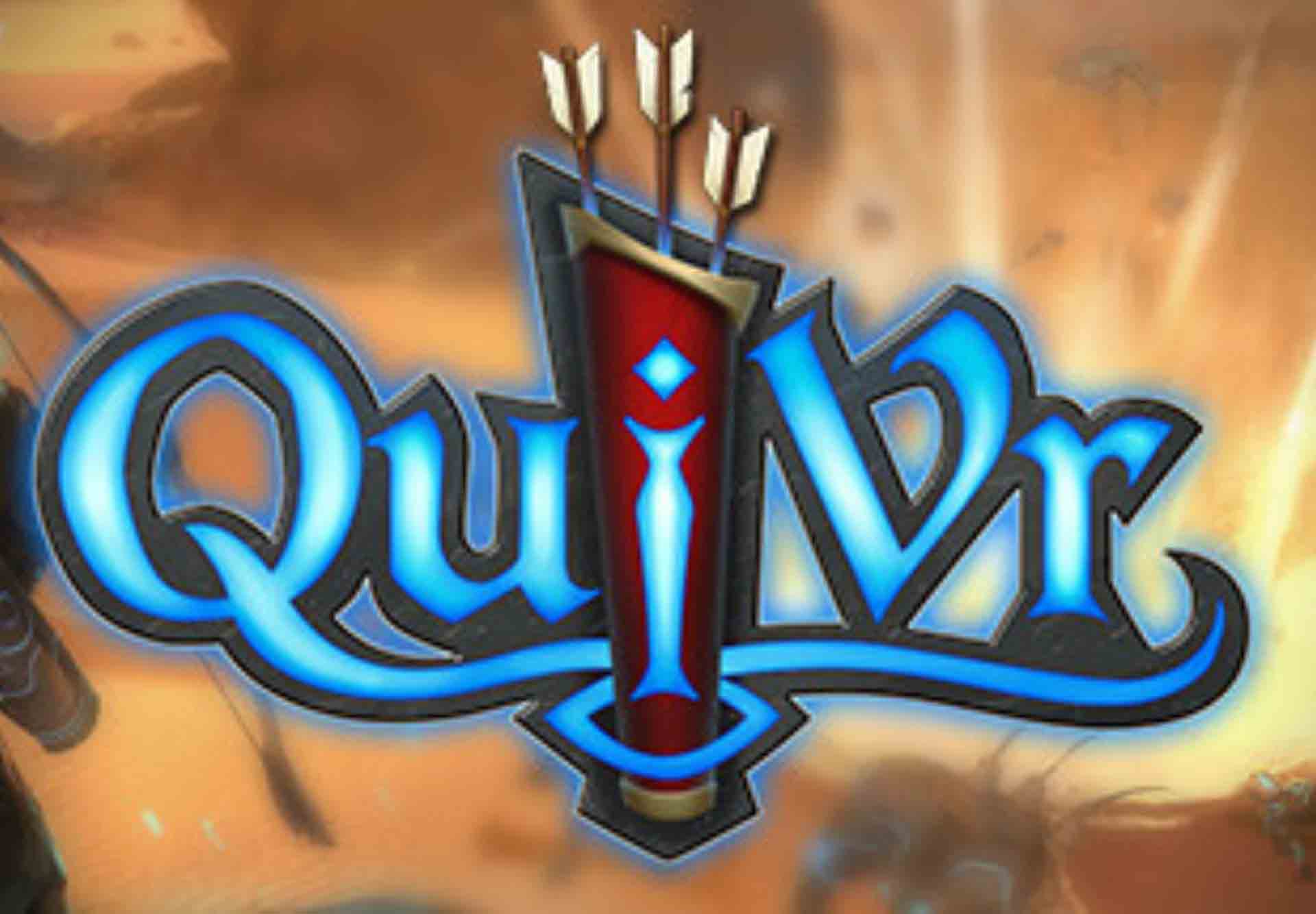Quivr presents users with the option to amalgamate various apps such as Spotify, Steam, and Instagram, thereby developing behavior-verified badges that reflect their interests.
Unveiled on June 27, Quivr, a cutting-edge Web3 application, offers a unique proposition for users to validate their social credibility leveraging blockchain technology, as per a statement from the application’s creators. The platform allows users to consolidate frequently engaged applications like Spotify, Steam, Apple Music, among others. Subsequently, Quivr creates blockchain-certified badges based on users’ activity within these integrated apps, thereby endorsing their hobbies or community memberships. These badges serve as identifiers for connecting users who share common interests.
The app, initially available on the Apple App Store, is set to extend its footprint to Android and web platforms in the following two weeks, as revealed by the developers to Cointelegraph. Even in its beta testing phase, the app has seen an impressive sign-up of over 10,000 users.
According to the release, Quivr has kickstarted associations with various celebrities and influential organizations, such as Ross Butler, Fenix Games, deadmau5, Kittyplays, Kio Cyr, and the University of Kansas. These collaborations aim at fostering a sense of community within the app.
During an interaction with Cointelegraph, Quivr’s Co-Founder and CEO, Ray Lee, confirmed that Quivr, in its current form, can integrate with 11 diverse applications, including Spotify, LinkedIn, Steam, Twitter, Apple Music, Apple Health, Instagram, TikTok, Audius, and Canvas. Users’ engagement with these applications determines the badges they earn, reinforcing their unique interests through their activities. For instance, a user engrossed in jazz music on Spotify might be awarded a “jazz enthusiast” badge, while a Steam user engrossed in fighting games may earn a “combat game aficionado” badge.
In a scenario where a user’s interests can’t be validated through these integrated applications, they can alternatively upload a video or image. The uploaded media is then scrutinized by community validators for verification.
Quivr offers a platform where users can peruse each other’s profiles and initiate private dialogues, thus encouraging interaction with others who share validated interests. As of now, the platform solely facilitates private messaging. However, Lee mentioned potential plans of creating “community and subgroups around conversations,” reminiscent of a future “authenticated Discord.”
Operating on the Polygon network, Quivr bypasses the conventional requirement of downloading a separate wallet or recording and storing seed words by utilizing the Magic SDK for logins, a novel wallet technology that eliminates the need for seed words.
As the lucrative social media and influencer markets continue to burgeon, Web3 app developers are vying for a piece of the action. Notable developments include Subsocial, a chat app built on Polkadot, integrating Ethereum Virtual Machine compatibility on June 8, and the Polygon-based Lens network introducing a “layer 3” scaling solution for accelerated posts on April 26.
While mainstream platforms like Facebook and Twitter remain uncontested, some Web3 experts posit that the rise of social apps might be the catalyst that mainstreams blockchain technology.

